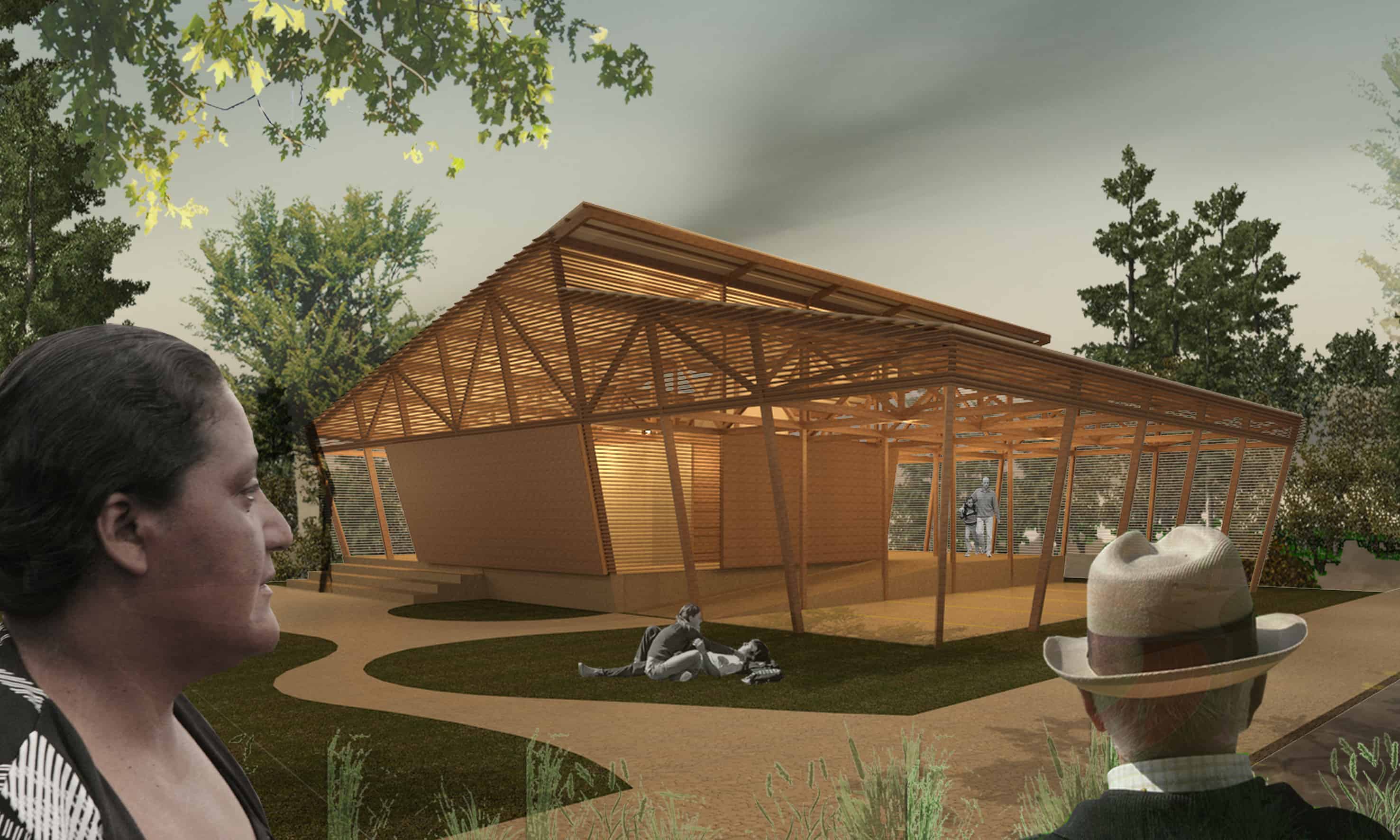Isla Chira may be Costa Rica’s largest island, but most people overlook it. Located in the Gulf of Nicoya, Chira is home to about 4,000 people, most of them fishermen and farmers, and nearly all of them low-income.
Until recently, the island’s biggest problem was garbage. Because there is no trash collection at all, locals have long resorted to burying or burning their rubbish.
“The people on the island don’t have a clue what to do with their waste,” said Gustaaf Dekking, a communications officer for Dutch sustainability company A-01. “The waste is a hotbed for diseases like dengue, and it’s terrible for the environment.”
But the islanders have come up with a homegrown solution: recycle the trash as jewelry and other accoutrements. The result is the Recycle and Community Center on Chira Island (RCCC), a brand-new facility and crafting collective run entirely by local women. The brunt of the glass, paper, cardboard, plastic, and aluminum will be collected at RCCC, shipped off the island, and sold to larger facilities on the mainland. Meanwhile, the cooperative will also sort out usable materials for fashioning original products.
“It’s not only that the island gets cleaner,” said Dekking, “but it will also generate a structural income for people who now solely rely on fishing.”
The RCCC structure is slated to be finished early next year, but in order to attract the necessary capital, the collective is running an IndieGogo campaign with a €15,000 ($18,575) goal. While RCCC could have taken many other avenues to raise funds, their hope is to involve a broader community through crowdsourcing.
“There are many sources where you can find the money,” said Dekking. “Banks, private investors. But we’re very proud of this project, and it’s really cool that people from all over the world can be part of it.”
What’s striking about the RCCC is that Chira’s residents devised the concept themselves and then asked A-01 for support. (The company has been involved in all kinds of philanthropic projects, including the ride-share program BicipúblicCartago). Once the innovative structure is built, a staff of approximately ten women will operate the facility, create the crafts, and earn an income from sales. Their purses and necklaces, all made from recycled materials, will be available in stores across Costa Rica.
As for Dekking, the RCCC project is a chance for him to help a local initiative as he and his girlfriend Lotte Amelink travel around Latin America. After finishing university, the couple began their journey in Buenos Aires and have been working their way northward. They spent some time developing a similar project in Peru: Sumaq Qara, a collective of 800 craftswomen, most of them ethnically indigenous.
Dekking had already earned a job with A-01, and he and Amelink decided to spend some time helping to cultivate RCCC.
“We had read a lot about [Costa Rica],” Dekking said. “We thought, if we’re going to be away awhile, we would go there. We knew it would be beautiful and the people would be nice. I think we can still contribute a lot to this project before we go back to Holland. I think it’s a positive thing. It’s proof that sustainable development can earn money.”






